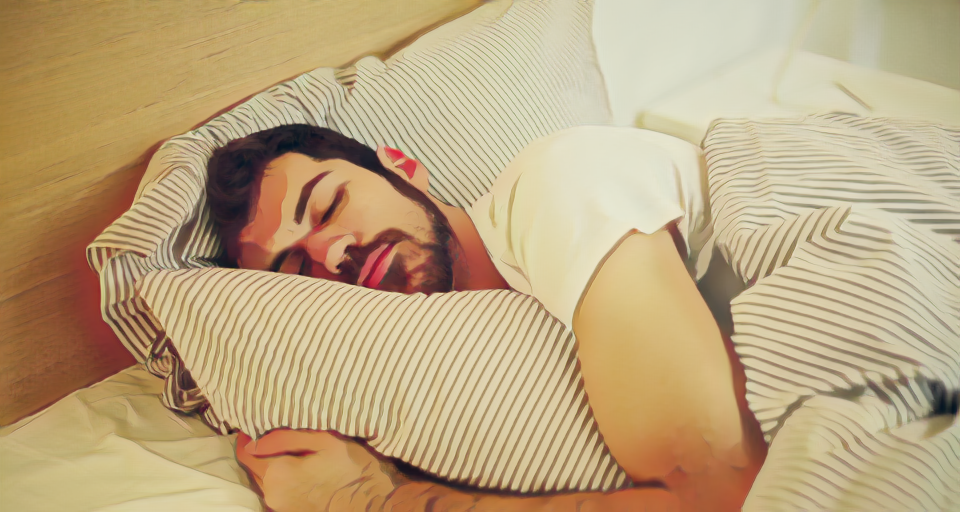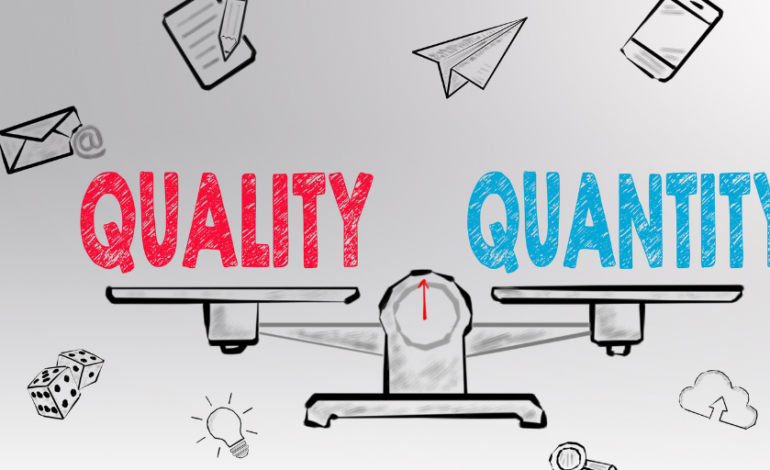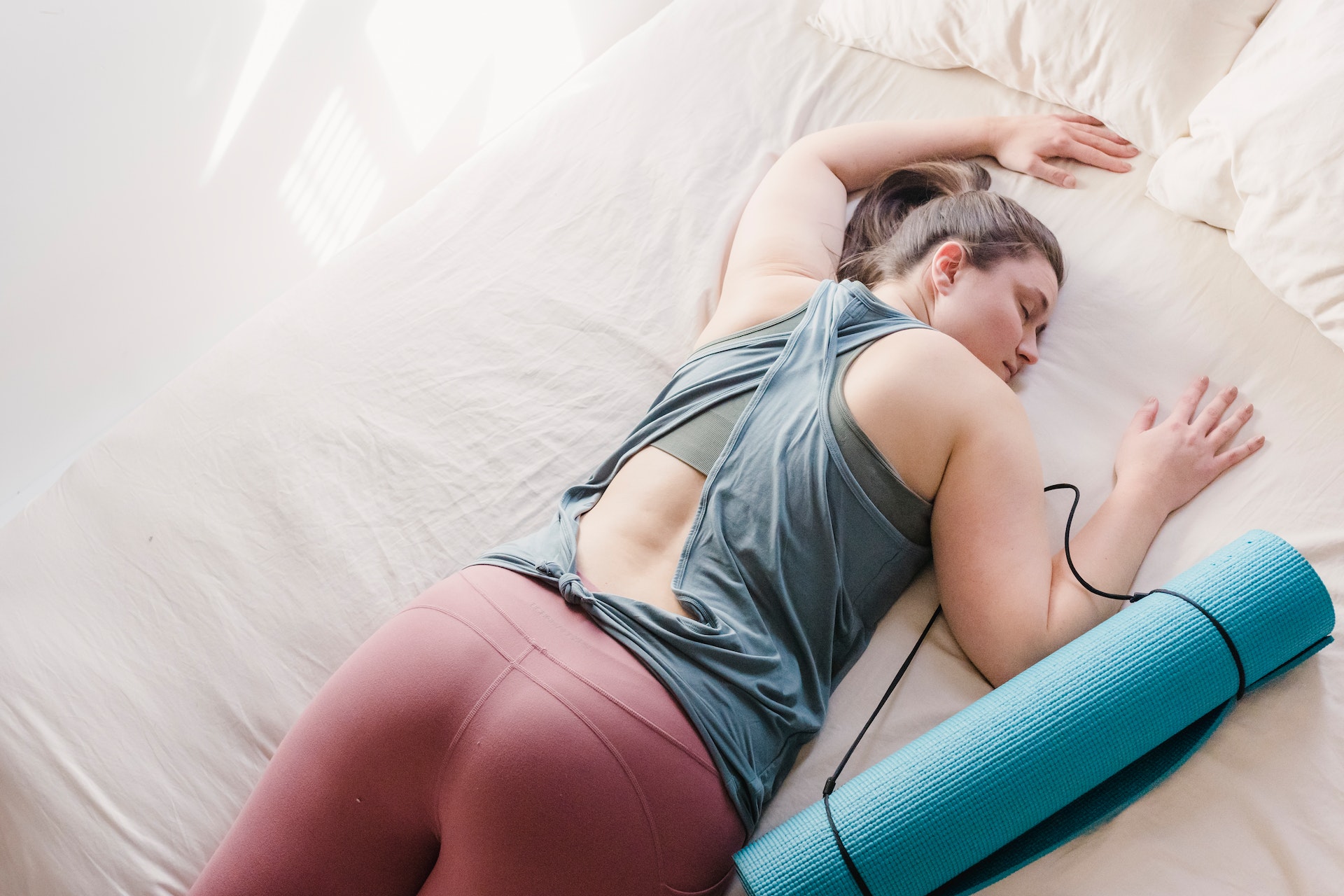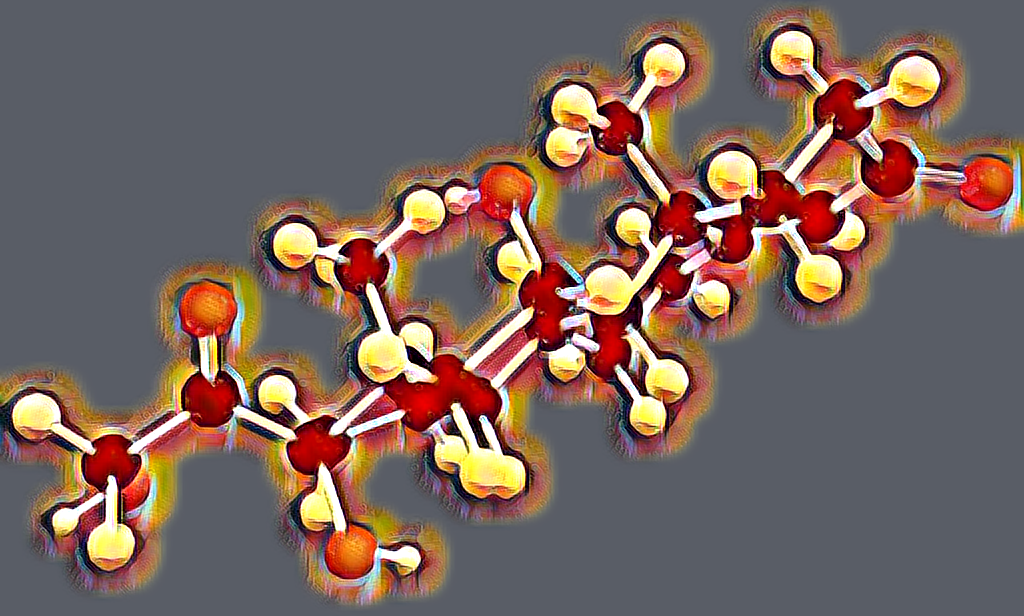
When I started my self-development journey, I began to pay attention to many factors that were interesting to me in terms of self-improvement. Not only did I try to pay attention to these factors of influence on the human body, but I also tried to trace their direct impact on my body, mind, and well-being. As it turned out, the most important factor of all (according to my subjective assessment) was sleep. Healthy, high-quality, full-fledged sleep.
If you’re wondering what other factors besides sleep I’m referring to, these are: healthy eating, active lifestyle, exercise, meditation, society, work, etc. Among these factors, I especially want to emphasize the sleep factor, and we will talk about it today.
I would like to emphasize that the health of each person and his or her well-being should be considered in a holistic manner. That is, the human body is an integral system where everything is in a precarious balance and harmony/disharmony. It is the latter that causes people to get sick.
A violation of one factor affects the “shift” of the others, while improving one factor (working on one factor alone) is unlikely to bring the expected rapid positive changes, although it will “shift” the balance of all factors in a positive direction.
What do I mean by that? For example, if you have only one positive factor – good healthy sleep – but at the same time you eat junk food, have a lack of physical activity, and even lack of social interaction, the sleep factor will not have a positive impact on your overall health and well-being.
However, observing all the main factors that influence the human body, I want to highlight sleep as a special, and maybe the main factor. Why? Because without quality sleep at the right time and the right number of hours of sleep, all other improvements will have no effect at all, or will be insignificant, short-lived, or ineffective.
Let’s say you’ve started running, meditating, and eating what you consider to be mostly healthy food. Imagine that one night you went to bed at 10 p.m. and fell asleep right away. You had a good night’s sleep, got up at 5:45 a.m., went for a morning jog, meditated, drank a fresh fruit juice after a contrast shower, and are preparing breakfast for work.
You’re in no hurry, you’ve had a good night’s sleep, your body is already “up to speed,” and you feel great. At work, you’re active and positive most of the day.
Now imagine that you just had a good night’s sleep, as described earlier, but didn’t go for a run, meditate, or drink self-made fruit juice. You just took a leisurely shower, then drank your favorite tea, and prepared a light and nutritious breakfast. Slowly, you left the house and arrived at work on time.
As you can see, in both cases you will feel great. Even in the second case, where you didn’t jog, meditate, take a contrast shower, or drink healthy homemade juice. You still feel very good. In both cases, the key to everything was quality and necessary sleep.
To further convince you of the correctness of my opinion, I will give you another example. Let’s say you went to bed at 2 a.m. and fell asleep about 20 minutes later. You set your alarm for 05:45 to go for a run. With an incredible effort of willpower, you managed to get out of bed and go for a run. Your body somehow caught the pace and adapted surprisingly quickly.
After your run, you came home, took a contrast shower, did some meditation, and drank some juice. You’re ready to go to work, but for some reason you want to sleep, sit down, lie down. At work, at first you felt cheerful, but after 3 hours you wanted to hide from people, the tasks began to annoy you, and your energy went down the drain.
In the afternoon, I was so sleepy that my eyes started to close. It lasted for a long hour and a half to two hours. I came home from work not full of energy, but exhausted. However, even the fact that I went to bed early, had little sleep, and were tired did not allow me to fall asleep quickly. I tossed and turned in bed for a long time. It’s all because of sleep, or rather, lack of it.
As we can see from the examples that everyone can easily see for themselves, sleep is key. No matter what we do, if we don’t get enough sleep, it has a detrimental effect on our health, well-being, productivity, and quality of life in all areas.
Therefore, I would like to put sleep at the top of the list – the first place for those who want to improve their lives, free themselves from health problems acquired in modern society, or simply want to live a quality life.
Everything else is also undoubtedly important. I will never tire of repeating the importance of a holistic approach to health and well-being, but even here, despite the importance of all factors, I subjectively give at least 60% to sleep, and the remaining 40% I allocate to everything else, including food, energy practices, exercise, movement, society activeness, etc.
Let’s also remember how we feel if we haven’t slept at all for the whole night and then have to go to work. If the work is physical, it’s a little easier to tolerate, but at the end of the day, everything is a bit “foggy in the head”.
If the work is mental, people with a stronger psyche have almost no productivity, and in the absence of control, they stop focusing on work at all.
People with weak mental health have a hard time withstanding mental stress. Deadlines on this day can generally cause panic, attempts to escape and isolate. The body’s ability to cope with stress on such a day is catastrophically low.
As you can see, lack of sleep is a serious blow to our body and we should not neglect the few hours of sleep we need. As a rule, we are overloaded with information and responsibilities.
So, having fulfilled all our duties at the end of the day, we go to bed, but… we pick up the phone and start watching the news and everything that seems at least a little interesting to us.
So, instead of falling asleep at 11 p.m. (when we went to bed), we fall asleep at 2 a.m., thinking that it’s “no big deal.” In fact, this is very bad for our nervous, cardiovascular, endocrine systems and for the body as a whole. Especially if it becomes a habit and happens regularly.
I remember my youth and how I didn’t pay attention to sleep at all. While the body was at its maximum, it really compensated for all the shortcomings of the student lifestyle.
For example, after drinking alcohol and getting a 2-hour sleep, my classmates and I would go to lectures and everyone thought that the “fog in the head” and slow reaction was due to drinking alcohol the night before. Of course, alcohol also had its harmful effects, but because of it, we didn’t pay attention to how important sleep was.
Much later, when I almost completely stopped drinking alcohol, I realized that I was experiencing identical feelings at work simply because I had only had two hours of sleep.
That is, sleep is the basis on which the adequacy of our physical body is based. The sleep is the basis for other basic needs. Again, I would like to remind you that this is my personal opinion based on my own experience.
Disclaimer: this article does not constitute medical advice. The article contains the author’s personal opinion and personal conclusions and observations. If you have problems with sleep or are interested in other issues related to it, it is better to consult your doctor.









